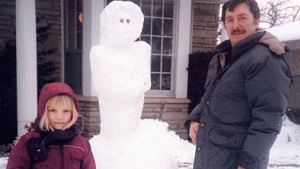
Seven years after Sara Polley’s directorial debut, Away From Her, and only two in the wake of her follow-up, 2011’s Take This Waltz, the actress-filmmaker’s latest offering feels like something of a capstone at this juncture of her career. Limited as her body of work may be, Stories We Tell explains, or rather clarifies, her efforts as a narrator; it’s the film that elucidates her pursuits as an artist and even allows us to view them anew through a fresh lens. If her forays behind the camera raised any questions about the thematic drives and interests of her cinema, then Stories We Tell, both gracefully and bravely introspective at the same time, answers them firmly.
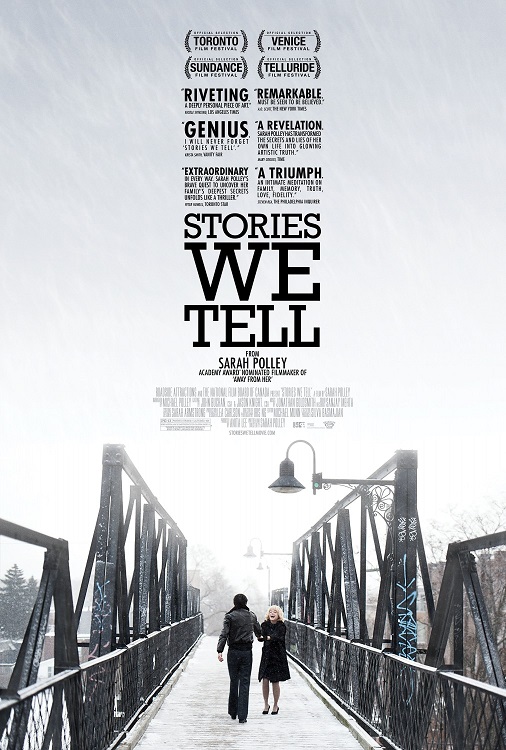 Polley starts with an elegantly simple idea that steadily grows into something more complex and layered. Stories We Tell serves as a family portrait of sorts, one that she uses to trace the course of her childhood and adulthood by examining her parents’ relationship; special emphasis is placed on her mother, Diane, who passed away from cancer in 1990. At first blush that seems like the motivating force behind the entire endeavor; we assume at the film’s outset that Polley, only eleven at the time of Diane’s death, has woven Stories We Tell together as a way of getting to know the woman she briefly knew as Mom a little bit better.
Polley starts with an elegantly simple idea that steadily grows into something more complex and layered. Stories We Tell serves as a family portrait of sorts, one that she uses to trace the course of her childhood and adulthood by examining her parents’ relationship; special emphasis is placed on her mother, Diane, who passed away from cancer in 1990. At first blush that seems like the motivating force behind the entire endeavor; we assume at the film’s outset that Polley, only eleven at the time of Diane’s death, has woven Stories We Tell together as a way of getting to know the woman she briefly knew as Mom a little bit better.
To that end she gathers her father, siblings, relatives, and family friends together to paint a picture of Diane through their individual recollections of her. Through their varying accounts, we learn of a person with a bright, inherently lovable personality, an extrovert who drew people to her without even trying; we also realize that regardless of what each account shares in common with the others, there are discrepancies across every single one. At turns she’s open but secretive, vivacious yet fragile, knowable and wholly enigmatic. Perhaps it’s appropriate that Diane found joy, or at least solace, in acting, because the truth of her comes packaged with nuance and mystery at the same time.
Gradually, the trips down memory lane bleed into a discussion that’s so deeply, intimately personal, and so satisfying to discover on one’s own, that discussing it openly here would feel like theft. Who is Diane Polley? Who is Sarah Polley? When she throws the curtain back and Stories We Tell takes a turn for the unexpected, the effect is almost literally stunning; we’ve seen the family’s privacy made public, but something about the truth Sarah’s chasing feels more secret than secret. What the picture ends up being about inhabits a completely different plane of privacy, something more akin to scandal, and that makes her willingness to talk about- especially in consideration of how it impacts her- all the more courageous.
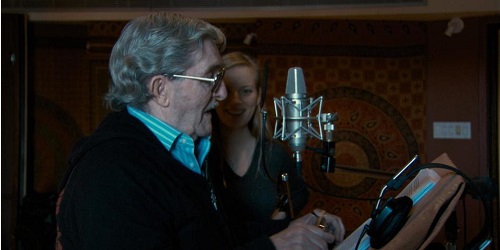
So audiences may feel indebted to the entire Polley clan for the gift of their naked honesty and total vulnerability. Stories We Tell almost feels voyeuristic and exploitative, but for two essential points: nobody involved is more central to the cohesion of its thesis than Ms. Polley herself, and as personal as the film gets, we can still relate to it for all of the ideas about family and identity that it espouses. Stories We Tell isn’t just a story about the Polley family, but about family itself- who we consider family, what family consists of, and what defines family as an abstraction. It is telling that even though Sarah, her brothers, and her sisters acknowledge the half-parentage they share with one another- they’re all products of Diane’s two marriages- they never really see each other that way. Nothing matters beyond their choice to draw the distinction.
You may take away from the film’s musings on our relations, whether they’re forged through blood or circumstance, what you will. Stories We Tell doesn’t force a single overarching opinion on its audience, if only because there are so many chefs in this kitchen. Sorry, storytellers- the idea, after all, is that everyone here adds their part to the tale, and all of their voices join together to create a unified image of Diane and the Polley clan in total. It seems irrelevant, or at least petty, to point out the ways in which their memories clash; Sarah’s subjects all had their own unique experiences with Diane and knew her in different capacities. Thus, they all have their own unique stories, elements of which will naturally butt heads with one another.
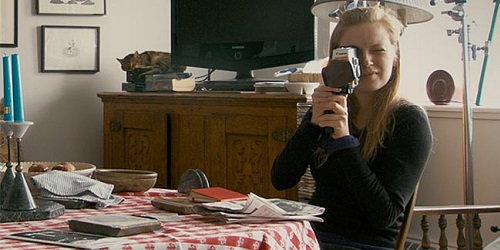
They also feed into the film’s through-line of deceit, though that feels like an unfair label for a number of reasons. In between Sarah’s interviews with the people close to her and her mother- which include moments spent in a studio where she records her dad, Michael, as he reads out of his memoirs- she inserts home movie footage shot on Super 8, except that they’re not. They’re fictions constructed for the purpose of the film. Inevitably somebody is going to take that as an insult, but they’re missing the point: by hiring actors to portray each of her storytellers in better days, Ms. Polley makes her own contribution to the chronicle of her family. Those bits might not be authentic, but that doesn’t make them any less real or any less vital as a part of the story. Orson Welles would be impressed.
G-S-T Ruling:
It’s that genuineness that makes Stories We Tell so moving. By delving through her family’s history so earnestly, Ms. Polley avoids engaging in purely self-interested navel-gazing; she ends up exploring universal truths in her bid to understand her background and origins; in watching her explore these areas of her life, we may come to strong, cathartic realizations about our own. If Stories We Tell starts out rooted in her own, it nonetheless ends in a more broadly relateable place, one that’s filled with laughter, tears, love, and heartache all in equal measure.
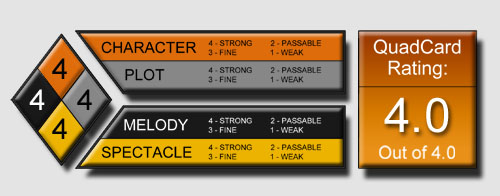
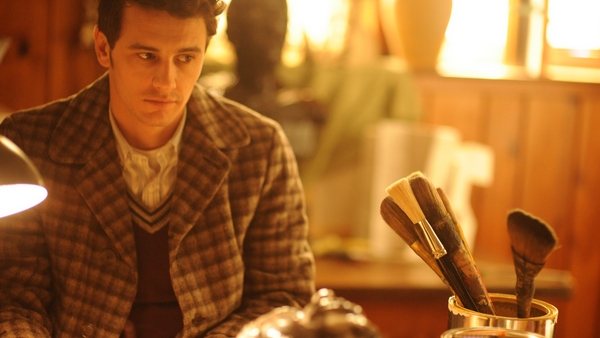

4 Comments
Colin Biggs
That kind of openness with the public leaves everything exposed like a raw nerve. Polley can and should be proud of this work.
Andrew Crump
I totally agree. And honestly, even if the film didn’t pan out well for me, I’d still respect the sheer chutzpah of the project.
Jessica Tomberlin
Wow! I’m really excited to see this, and the fact that you gave it a 4 makes me even more eager!!
Andrew Crump
Let me know what you think once you’ve seen it, Jessica!